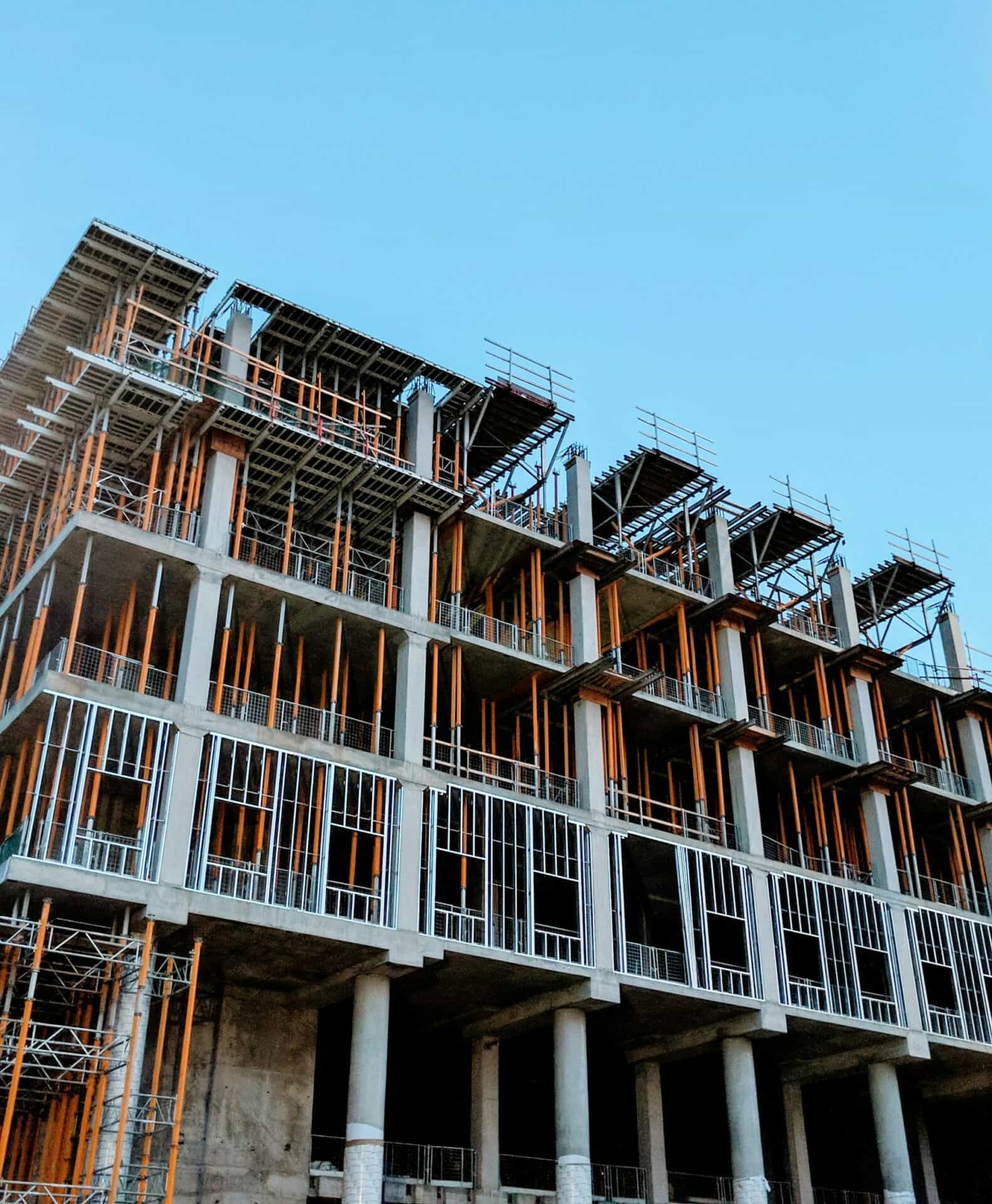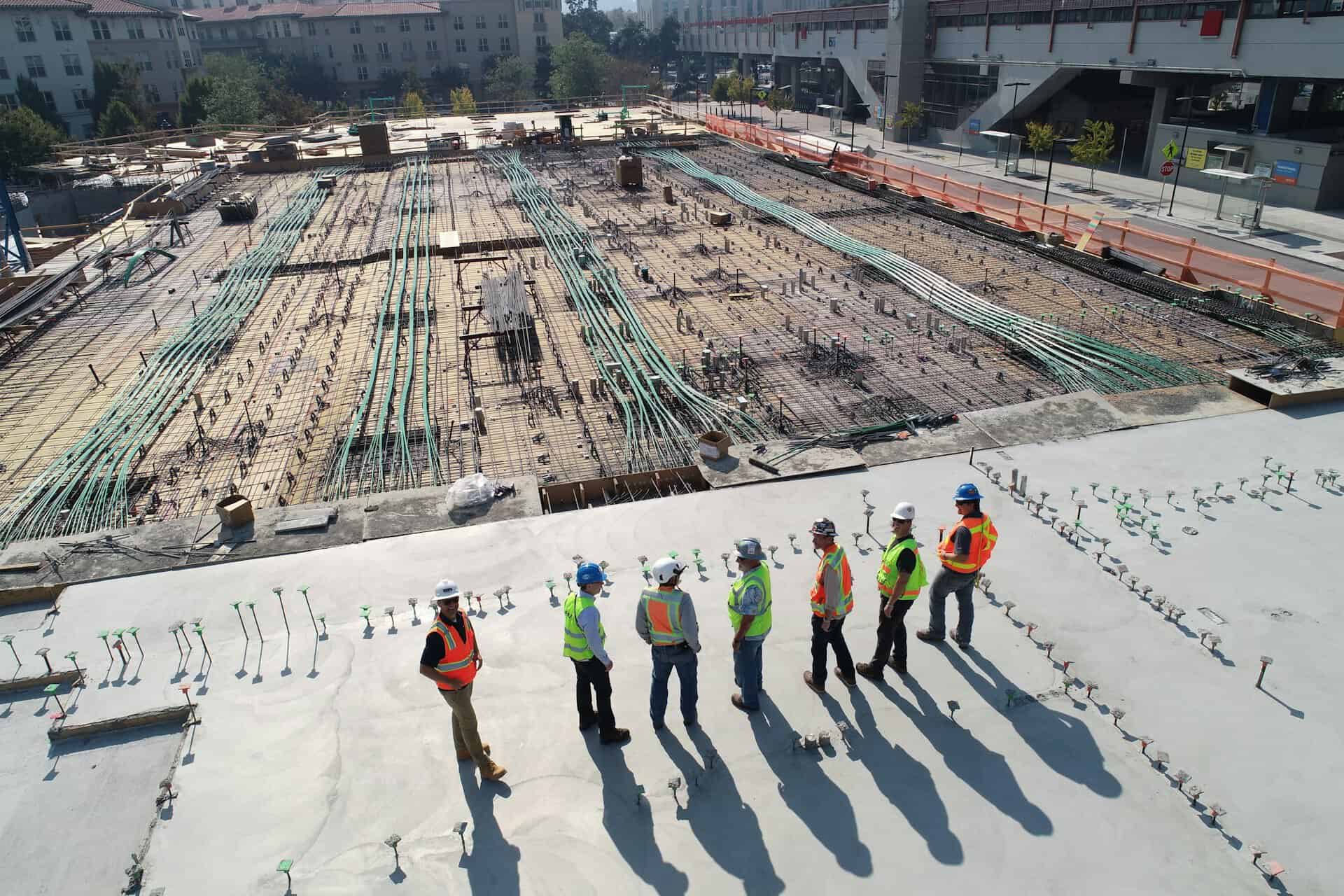Two key roles often need clarification in the construction industry: the estimator and the quantity surveyor. Both are crucial to successfully completing construction projects but perform different tasks.
So, how do you know which professional might be the right fit for your project?
Here’s what you need to know about their distinctive roles, responsibilities, and skills.
What Does an Estimator Do in the Construction Industry?
A construction cost estimator’s primary duty is to provide initial cost estimations that help builders and subcontractors secure tenders.
What are their Roles and Responsibilities?
The role requires strong analytical, math, and communication skills. Estimators need to be detail-oriented, have excellent industry knowledge, and stay updated on factors affecting construction costs.
They play a key role in the profitability and success of construction projects and typically work for general contractors, subcontractors, and construction management firms, focusing on residential and smaller commercial projects.
Here are the main roles and responsibilities of a construction cost estimator in Australia:
- Review project specifications, drawings, and plans to determine the scope of the project and material requirements
- Break down the components of a project and estimate the quantities of materials, labour, equipment, etc. needed
- Obtain quotes from subcontractors and suppliers to determine labour, material, and equipment costs
- Use estimation techniques and software to calculate total project costs, including direct and indirect costs
- Prepare detailed cost estimates and provide backup documentation to support the estimates
- Present estimates to clients or management and make recommendations to align estimates with budgets
- Provide value engineering input to find ways to reduce project costs while maintaining quality and scope
- Continuously update estimates as project plans change and track costs as the project progresses
- Assist with tender and contract preparation, evaluation of bids, and awarding of contracts
- Maintain knowledge of construction costs, materials, labour availability, building codes, and market conditions
- Work closely with project managers, engineers, architects, and tradespeople throughout the construction process
- Ensure estimates and budget tracking meets company and industry standards and best practice.
Skills and Qualifications of a Construction Estimator
As previously mentioned, estimators need strong analytical skills to research material and labour costs and prepare detailed estimates. They must possess excellent time-management skills, juggling multiple tasks within set deadlines. Computer and administrative skills are also vital, given the amount of data they handle.
In terms of education, cost estimators usually require a diploma or bachelor’s degree in construction management, quantity surveying, or engineering. It may also be accepted to have a vocational education diploma or certificate in building and construction.
Degree and diploma programmes should cover topics like:
- Cost estimation and methods
- Math
- Statistics
- Building codes
- Estimation
- Accounting
- Engineering economics
- Construction management
Master’s degrees are sometimes required for senior roles or to work for large construction firms.
Note: Voluntary licencing is available but not required for cost estimators in Australia.
What Does a Quantity Surveyor Do?
Quantity surveyors are qualified construction professionals who serve as advisors within the industry. They are also one of the few professionals recognised by the Australian Tax Office as qualified tax depreciation experts.
Roles and Responsibilities in Construction Projects
Some of the key roles and responsibilities of a quantity surveyor in Australia include:
- Estimating costs for construction projects, including materials, labour, equipment, etc.
- Preparing bills of quantities, schedules, and cost plans
- Analysing tenders and recommending contract awards
- Providing cost management and control during construction
- Providing advice on construction planning, procurement, and contractual matters
- Assisting with the preparation of project feasibility studies
- Performing life cycle cost analyses and whole-life costing
- Preparing tax depreciation schedules and acting as a property depreciation expert
- Conducting due diligence on properties for valuations and acquisitions
- Advising on environmentally sustainable design and construction
- Ensuring construction meets regulations, codes, and standards
In their role as property depreciation experts, quantity surveyors use their building knowledge and costing skills to maximise depreciation deductions for investors. This includes preparing depreciation schedules that outline the construction costs and expected declines in value over time for the structure and fixed assets in a property.
Maximising these tax deductions helps improve investment property returns.
Overall, quantity surveyors play a key role in construction project management, cost planning, and commercial management. Their expertise in costing, construction, tax depreciation, and regulations makes them important advisors across the full property lifecycle.
Skills and Qualifications of a Quantity Surveyor
Quantity surveyors need to have a tertiary degree in a related field and relevant work experience. Membership in professional bodies like the Australian Institute of Quantity Surveyors (AIQS) is often also a requirement.
Beyond the formal qualifications, they need a broad understanding of construction projects, cost management, and legal and regulatory compliance.
Common Ground: The Similarities
Estimators and quantity surveyors share a common goal: to help projects run smoothly. Both contribute to reliable, accurate estimates that reduce financial risks and provide greater cost control to project managers. This, in turn, helps builders deliver projects within the set schedule and budget.
The Differences That Set Them Apart
While estimators and quantity surveyors share similarities, there are key differences.
- Projects they handle: Quantity surveyors often deal with larger, more complex projects, especially in the public and private sectors. Estimators, on the other hand, are more commonly engaged with residential and smaller commercial projects.
- Their priorities: Construction estimators focus on providing accurate and timely cost estimations to win tenders. Quantity surveyors prioritise providing the BOQ and monitoring construction costs throughout the project lifecycle.
- Their roles: Quantity surveyors provide support before, during, and after a construction project. Conversely, estimators are mainly involved before a project begins, during the tendering phase.
- Tax depreciation: Quantity surveyors are qualified to provide depreciation schedules; estimators aren’t.
Overall, while both roles involve construction costing, quantity surveyors have a broader advisory function across the full property and construction lifecycle. Their expertise in areas like tax depreciation further differentiates their role from that of estimators, who are more tender-focused.
Key Takeaways
- Estimator jobs focus on initial cost estimations to win project tenders, while quantity surveyors manage costs throughout the construction lifecycle.
- Quantity surveyors handle larger, more complex projects, especially in public and private sectors, while estimators often work on residential and small commercial projects.
- Quantity surveyors have broader advisory roles across the full property lifecycle, including preparing tax depreciation schedules, while estimators are mainly involved in pre-construction.
- Both contribute to reliable cost estimates, but quantity surveyors also monitor budgets during construction and have specialised expertise, like in tax depreciation.
Whether you need reliable cost estimations to win tenders or expert quantity surveying and tax depreciation advice, Duo Tax has you covered. Our team of qualified quantity surveyors offers a full range of cost management services.
Contact us today to learn more about how their comprehensive quantity surveying and estimation services can benefit your next construction project.
FAQs
What are Some of the Essential Skills Needed To Be a Good Estimator?
Strong math, analytical, computer, attention to detail, time management, and communication skills are essential for succeeding as a cost estimator. The role requires efficiently gathering data, running calculations, and clearly conveying cost estimates.
Do Estimators Need A University Degree To Find Work In Australia?
While some may be able to enter the role with vocational qualifications, most professional estimator roles require at least a bachelor’s degree in a field like construction management, quantity surveying, or engineering. Relevant work experience is also expected.
What Professional Organisations Should Quantity Surveyors Belong To?
Key professional bodies for quantity surveyors in Australia include the Australian Institute of Quantity Surveyors (AIQS), the Royal Institution of Chartered Surveyors (RICS), and the Australian Institute of Building (AIB). Membership demonstrates expertise.
How Often Are Quantity Surveyors Involved Post-Construction?
Quantity surveyors often have a role for months after construction is complete, such as helping resolve final accounts, contractual disputes, and defects. They may also be involved in facility management.
What are the Main Professional Development Opportunities For Estimators?
Continuing education in new regulations, costing methods, and estimation software is crucial. Relevant CPD courses are offered by industry bodies and companies like Rawlinsons Publishing.

Ready to get started?
Talk to one of our friendly property experts to get a free quote or more Information.







